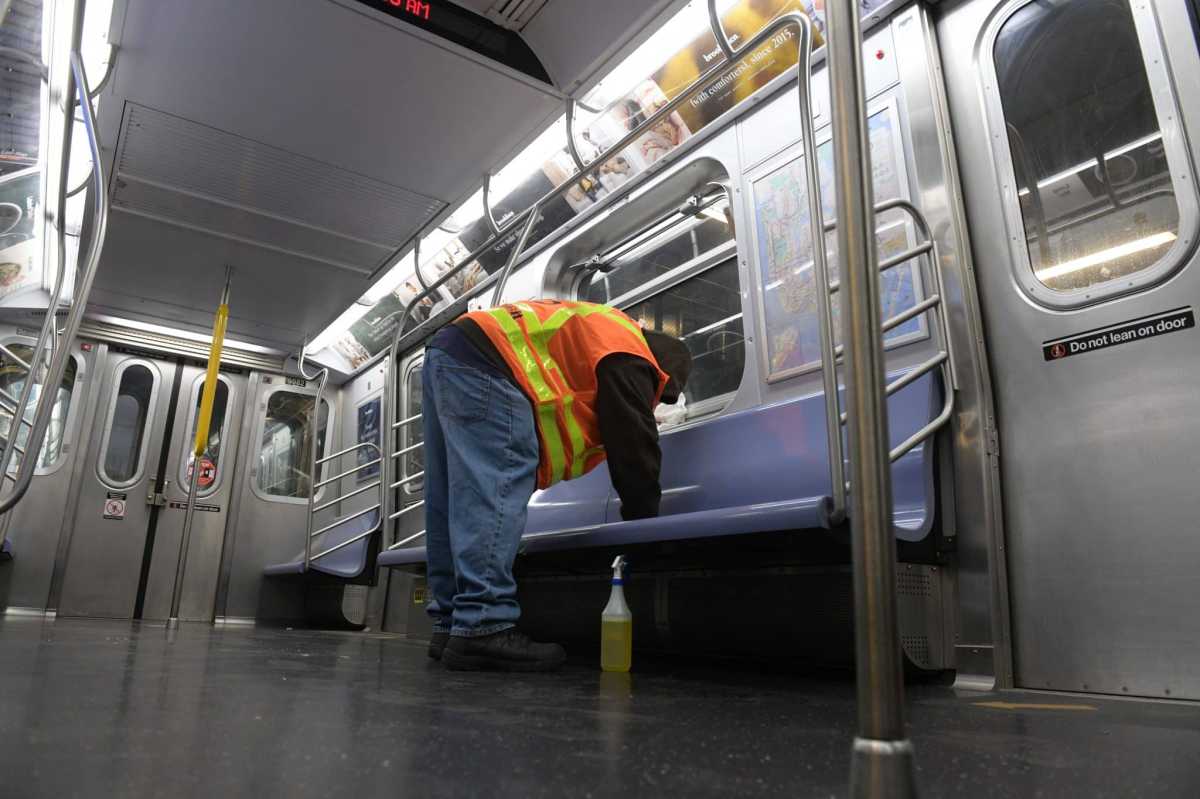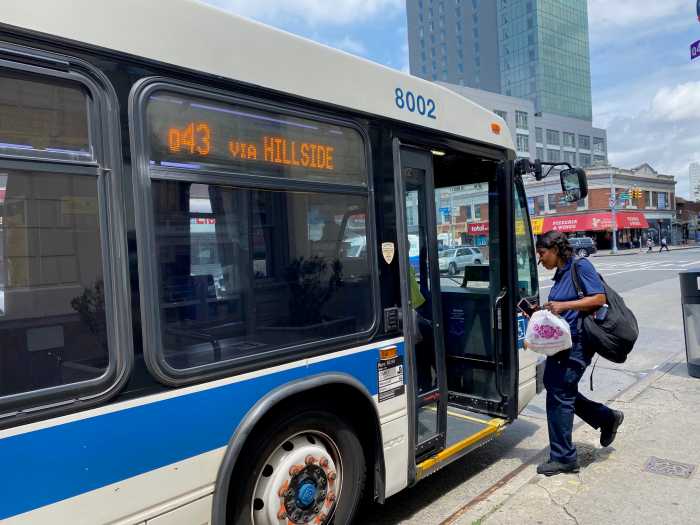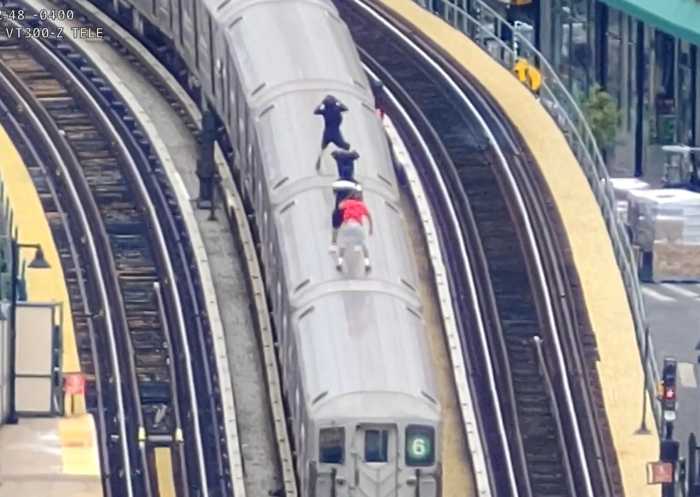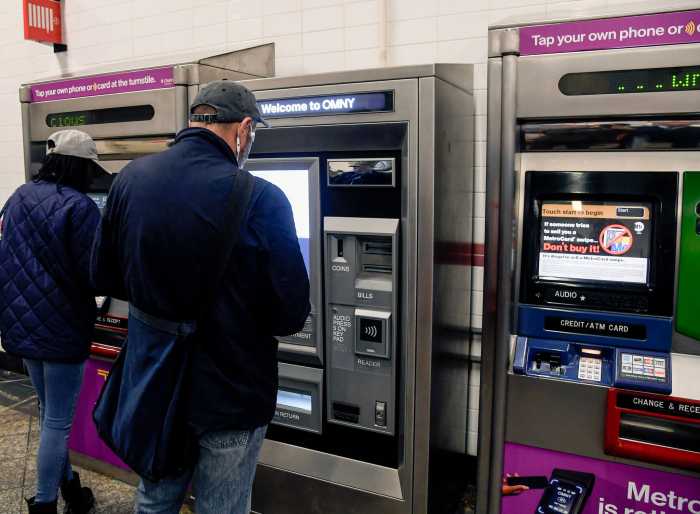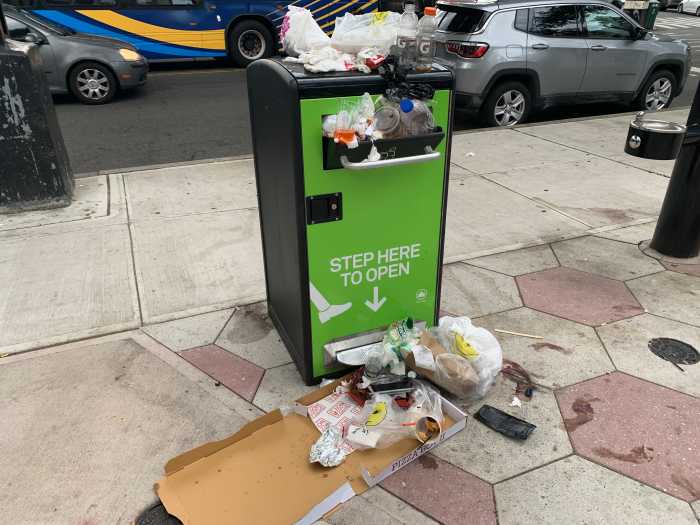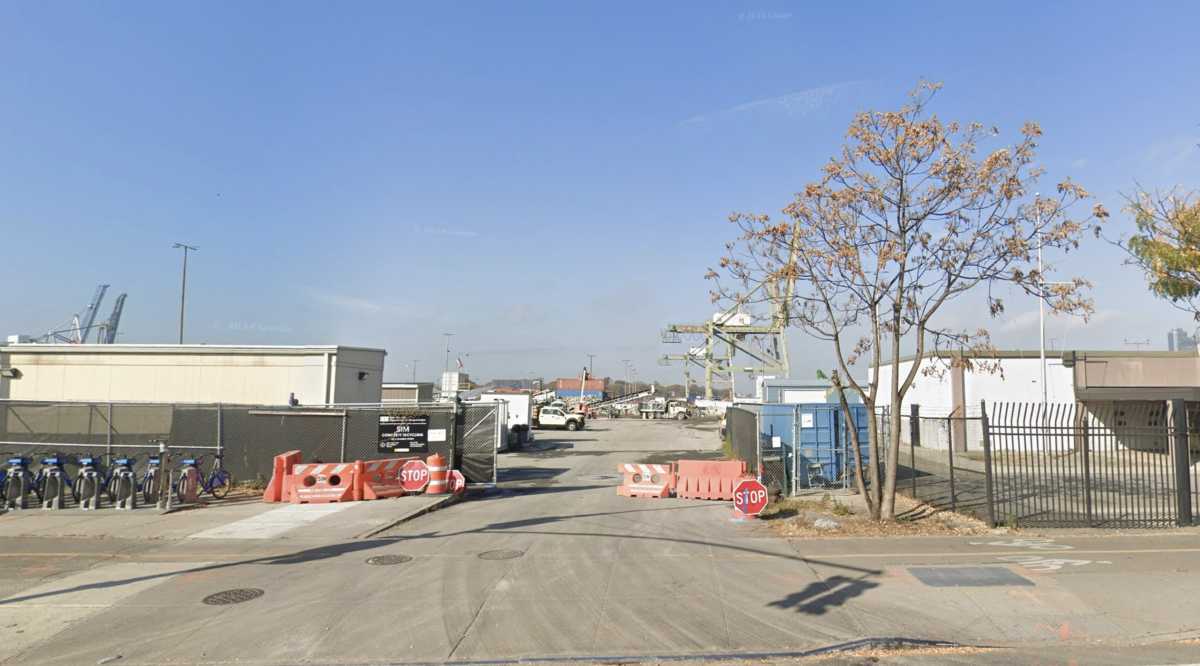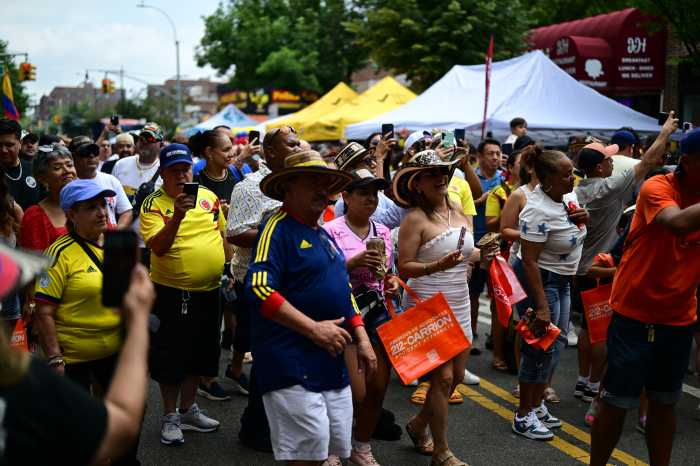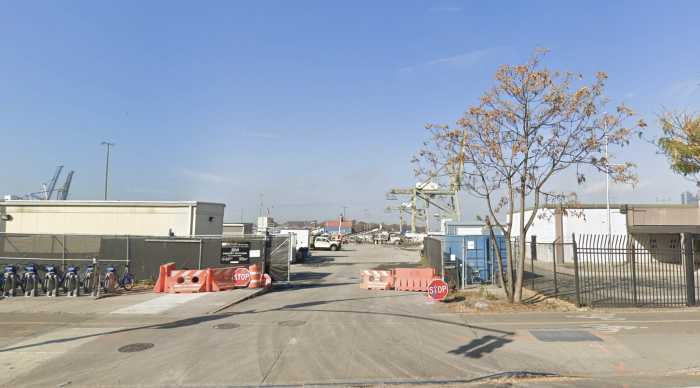The MTA has filed a lawsuit against City Comptroller Brad Lander in an attempt to prevent enforcement of higher wages for workers who labored under contract cleaning subway trains at the height of the COVID-19 pandemic.
During the pandemic spring/summer of 2020, the MTA onboarded an army of contractors to clean subway cars overnight, during an unprecedented period of nighttime closures as officials sought to assure the public that mass transit was safe and sanitary. Soon, though, Lander’s predecessor Scott Stringer asserted that the cleaners were being systematically underpaid in violation of state law, which required that they be paid the industry’s prevailing wage.
Per the Comptroller’s argument, the cleaners were owed at least $28 an hour. In fact, the MTA was paying the cleaners just $20 an hour — and despite the evident risk to their wellbeing, the workers were not eligible for health insurance or other benefits.
But in a lawsuit filed in Manhattan Supreme Court Friday, the MTA and one of its cleaning contractors, Fleetwash, argued the Comptroller’s office had misinterpreted the law — and by extension, the cleaners were not entitled to higher wages.
Stringer, and later Lander, argued that because the contracts were for work on state public works and building services, prevailing wages were owed, citing Articles 8 and 9 of the state’s Labor Law.
But the MTA and Fleetwash disagree. They claim Article 8 only applies to “construction-like labor” and Article 9 to “building service work,” neither of which they believe applies to cleaning and disinfecting subway trains. As such, they allege prevailing wages are not owed.
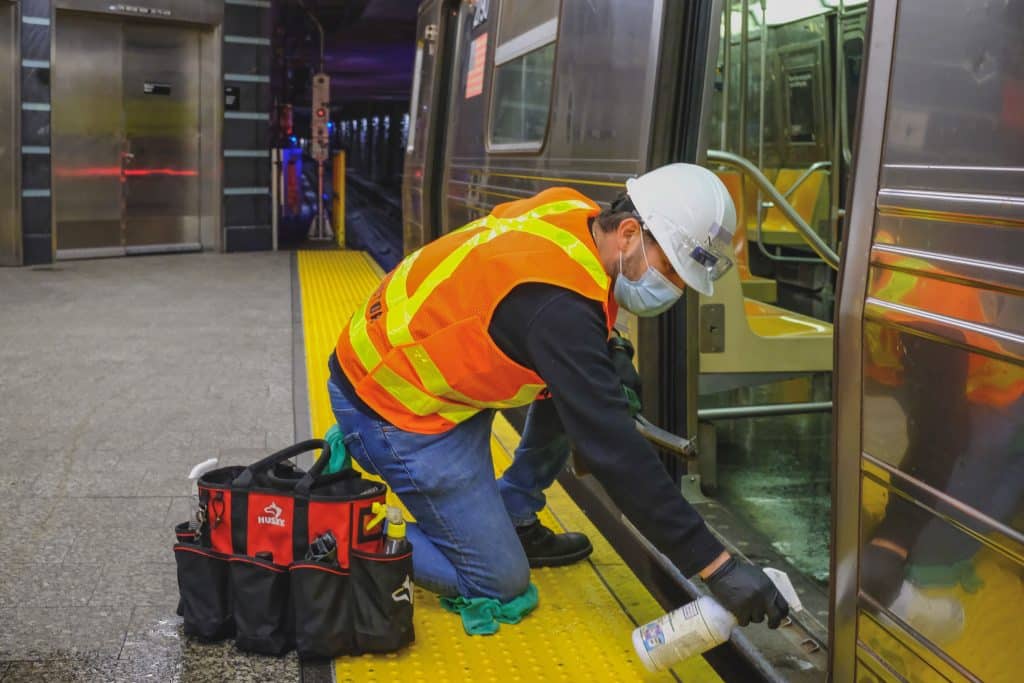
Comptroller spokesperson Chloe Chik declined to comment on the litigation specifically, but said the office still believes the cleaners are entitled to prevailing wage.
“We stand by the determination that the subway cleaners deserve fair wages for performing the vital service of keeping our train system from piling up debris,” said Chik. “The previous Comptroller administration held that workers who sanitize the cars are entitled to the prevailing wage of subway station cleaners, and this administration agrees.”
Jerry DiGiovanni, president of Fleetwash’s parent company Kept, did not respond to a request for comment. The MTA declined to comment on pending litigation.
The cleaning contracts have since lapsed, and the MTA has since hired hundreds of full-time, unionized cleaners to work in-house.
Some cleaners alleged that they were subject to horrific conditions by the various companies that received cleaning contracts. At the height of the pandemic, some workers later told Documented NY, they were not being given the proper personal protective equipment required to do the job safely, were denied access to bathrooms, and couldn’t even eat lunch in an MTA break room — instead eating on the platform surrounded by rats.
Some cleaners also alleged they were the victims of wage theft by the contractor companies, supplying Documented NY with paystubs confirming they were paid less than $20 per hour. The workers, many of them undocumented Latin American immigrants, claimed their legal status was lorded over them when they complained about their allegedly stolen wages.
“The employees tasked with disinfecting the subway have risked their lives keeping our massive transit system clean,” Stringer, who is considering a second run for mayor, said in 2021. “These essential workers have faced extraordinarily challenging conditions, often without sufficient supplies and protective equipment. It is critical and common sense that we pay subway cleaners every cent of wages that they are owed for their invaluable work.”
Read more: East Side’s Freedom Plaza plans – Hotels, Housing & Casino



